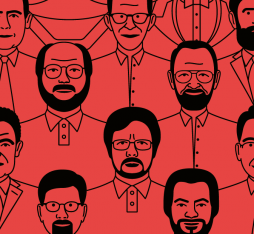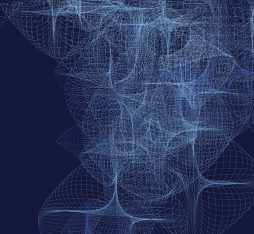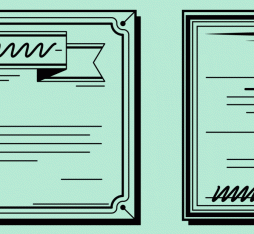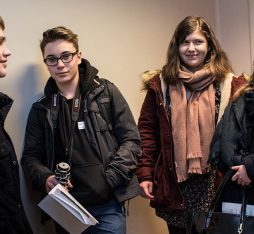There’s a large gap between freedom and control – a grey area where the most diverse currents and interpretations may be expressed. The digital universe is no exception to this. How can it be governed? Can it be governed? And, even, should it be governed?
Genesis: the “political” Internet
The question itself calls for extreme care when trying to formulate it. Benjamin Loveluck, Associate Professor at Télécom ParisTech and Research Associate at CERSA (CNRS-Paris II), puts it like this: “When you phrase the question as “Can the online world be governed?” there is an immediate ambiguity. Are we asking “Can the online universe be governed”, or “Can the online universe govern itself? The implicit idea is that the digital world is by its very nature ungovernable. For some people, this is a problem, as it constitutes a world of chaos, or at least one outside the rule of law. For others, however, this ungovernable character is a virtue, as the online universe in fact constitutes a formidable opportunity for collective auto-organisation.”
The beginnings of digital technology effectively had a Utopian tinge. It all began with a political project with military and scientific ambitions, originating in the United States in the 1960s. With the rise of counter-culture, and in particular the hippie movement, the computer brought unprecedented promises of emancipation, personal transformation, and social harmony. Some of those who built the Internet adopted a libertarian perspective, where “the net would be ungoverned and ungovernable by virtue of its very design”, explains Benjamin Loveluck. “Online auto-organisation would therefore be the iron law which governments – those “weary giants of flesh and steel”, as John Perry Barlow, the author of A Declaration of the Independence of Cyberspace called them – could not fight.”
A vision in question?
But what is becoming of this stance in the era of “new look” digital technology, a technology that is switching fast to “platforms” and invading every nook and cranny of our everyday lives, even taking decisions in our stead? For the net’s libertarian pioneers, the answer is self-evident: the concept is here to stay, and the new entrants are seen as valuable “barbarian invaders”, overturning the established order. That said, the ambiguities and difficulties that are emerging with these agents of “platformisation” – from tax evasion to disparities in relation to employment law and personal data protection regulations, etc. – are undeniable.
As Benjamin Loveluck sees it, “Platforms are raising the prospect of a form of technocratic liberalism – a frictionless world, overseen and managed fluidly, but through the use of software black boxes. It is the dream of automated regulation that would make it possible to sidestep the need for human decisions, with all their rough-edged, conflicting, aspects. Conversely, the transparency of the rule of law in theory makes it possible to make the rationale explicit. But the law is an obstacle to the free movement of information. As a result, it generates lumpiness, and hence friction. Rules run counter to the ideal of a world of totally fluid exchanges. In such conditions, what form of transparency and responsibility should one aim for to avoid forms of automated discrimination? To prevent harm such as trolling or data leaks? Or to combat disruptions to democracy such as the circulation of fake news?”
Out-dated legal standards
These days, when lawmakers take an interest in cyberspace, it often leads to laws that are difficult to enforce, like the law adopted on 30 June this year by the German Parliament in an effort to force social media to remove hate speech within 24 hours after a complaint or face a fine. What is happening, says Benjamin Loveluck, citing legal scholar and Collège de France professor Alain Supiot, is that “we have shifted from the vertical stance of government by Law to the horizontal stance of ‘government by number’.” And while it is essential to avoid the temptation of a state takeover of the online space, it seems equally decisive to assert the national or European legal framework in this connection: “The multiplication of transparent checks and balances is essential to deal with cybercrime and also with the abuses of some major private-sector agents. At the same time these same checks and balances must also tackle government excesses such as censorship or mass surveillance.”
The Internet is an ungoverned and ungovernable space by virtue of its very design. Auto-organisation would be the rule, and governments, those “weary giants”, would be unable to oppose it.”










